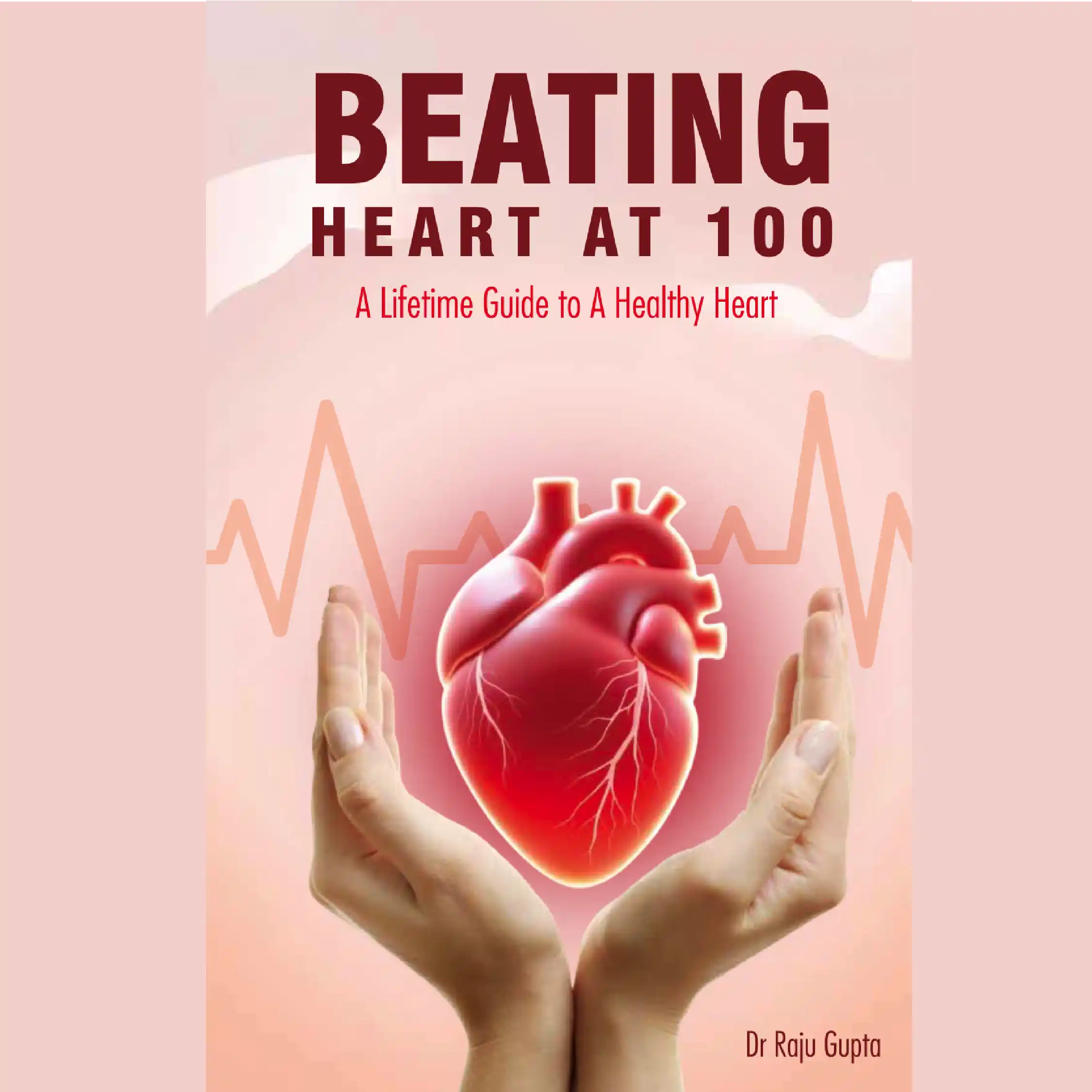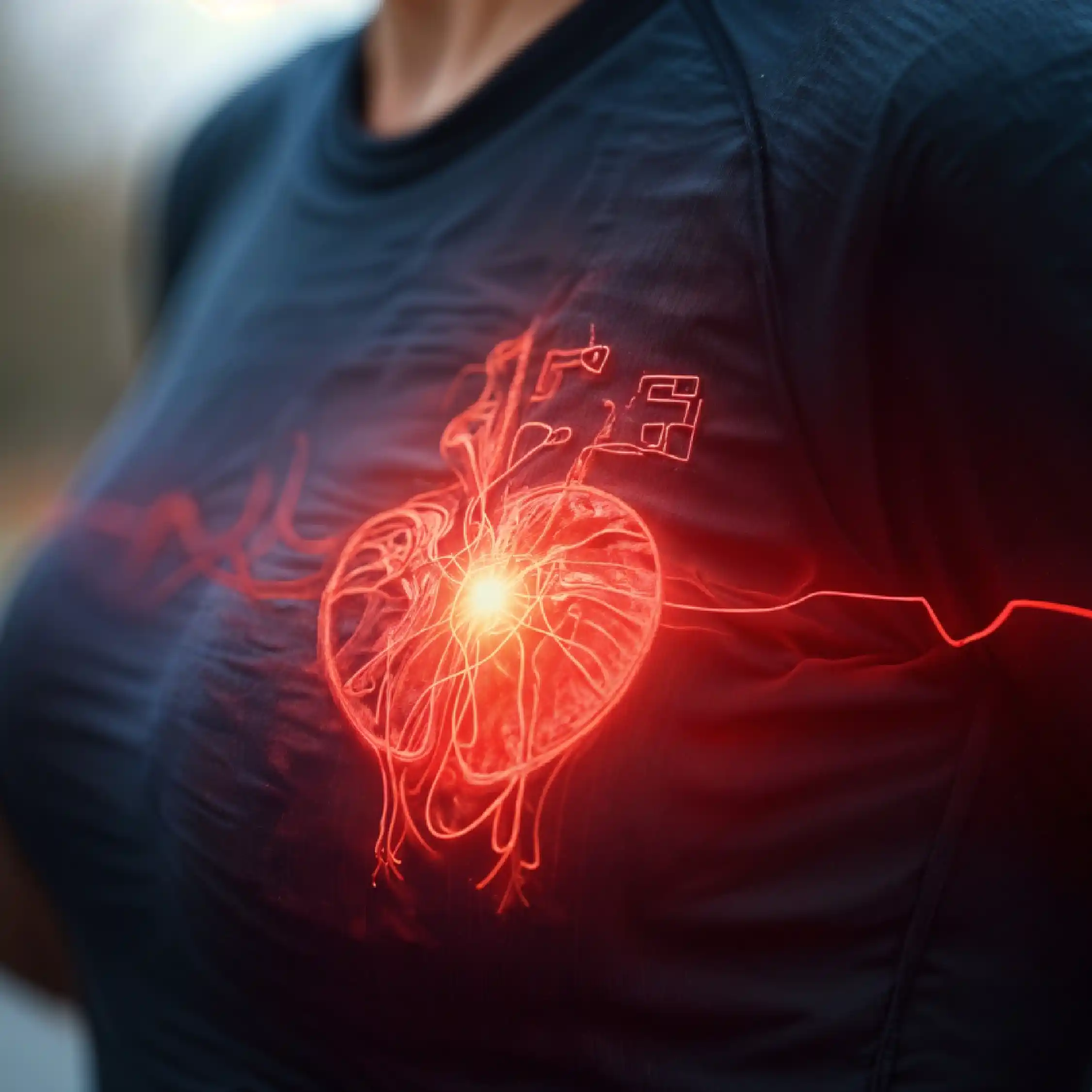1. Sleep: The Night Shift That Reverses Aging
Forget “beauty sleep.” Think of it as cellular maintenance sleep. When you sleep, your body performs deep repairs:- It clears toxins from your brain.
- Balances hormones.
- Repairs DNA damage.
- And — yes — lengthens telomeres, those little caps on your chromosomes that keep you young.
2. Move Every Day — But Don’t Overdo It
Exercise is the single most powerful anti-aging pill — and it’s free. You don’t need a gym membership or a smartwatch to prove it. You just need consistency. Studies show that moderate, regular exercise can increase telomere length by 5–10%. That’s literally reversing aging at the cellular level. But here’s the twist — too much exercise (especially without recovery) actually shortens telomeres. So if you’re one of those people running like a hamster to “burn stress,” slow down. Your heart prefers rhythm over race. Humor break: There are two kinds of people in India —- The ones who don’t walk even 500 steps a day.
- And the ones who buy a fitness tracker and do laps around their living room before bed to hit 10,000.
3. Eat Like You Love Your Cells
Here’s the truth: You are what your cells absorb — not what your tongue enjoys. Every meal either nourishes your DNA or inflames it. Processed foods, sugar, and refined oils accelerate aging by creating oxidative stress — tiny chemical reactions that rust your cells from the inside. Antioxidant-rich foods, on the other hand, act like internal bodyguards. So, what does a “cell-friendly” plate look like?- Half filled with colorful veggies.
- A quarter with lean proteins (pulses, fish, eggs, tofu).
- A quarter with complex carbs (millets, brown rice, roti).
- A drizzle of healthy fats (nuts, olive oil, seeds).
4. Manage Stress Before It Manages You
You can’t eliminate stress. You can only domesticate it. Your brain’s stress center doesn’t know the difference between “lion attack” and “office email.” So every time you panic, your body thinks you’re in the jungle — pumping cortisol, tightening arteries, and shortening telomeres. The trick? Build daily recovery rituals.- 10 minutes of deep breathing.
- A short walk in nature.
- Writing gratitude at night.
- Talking, not scrolling.




